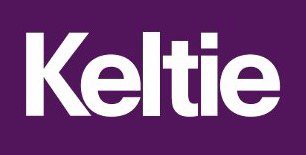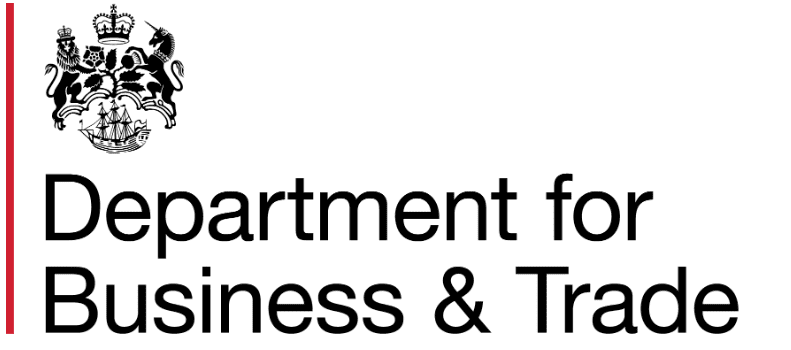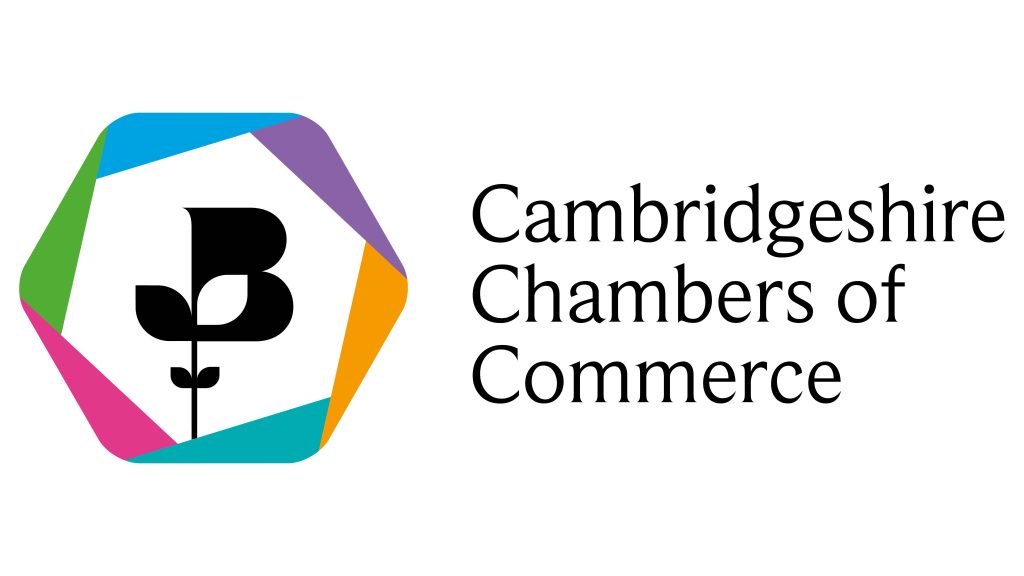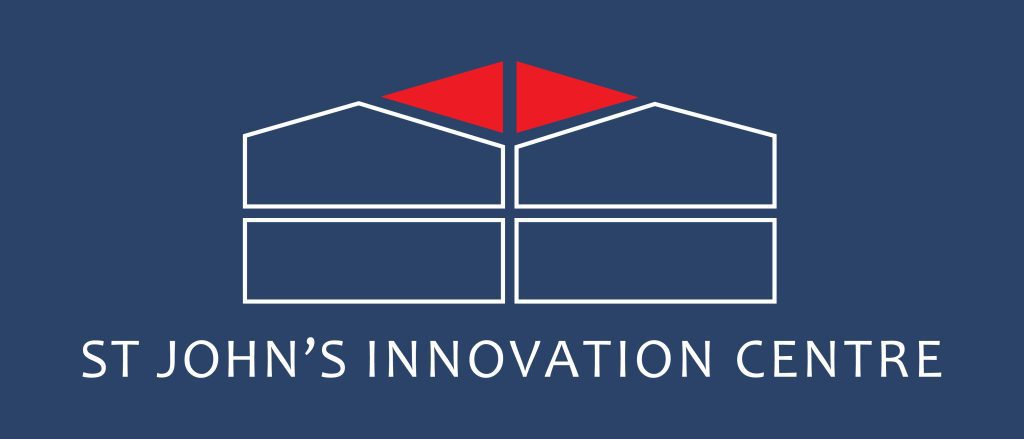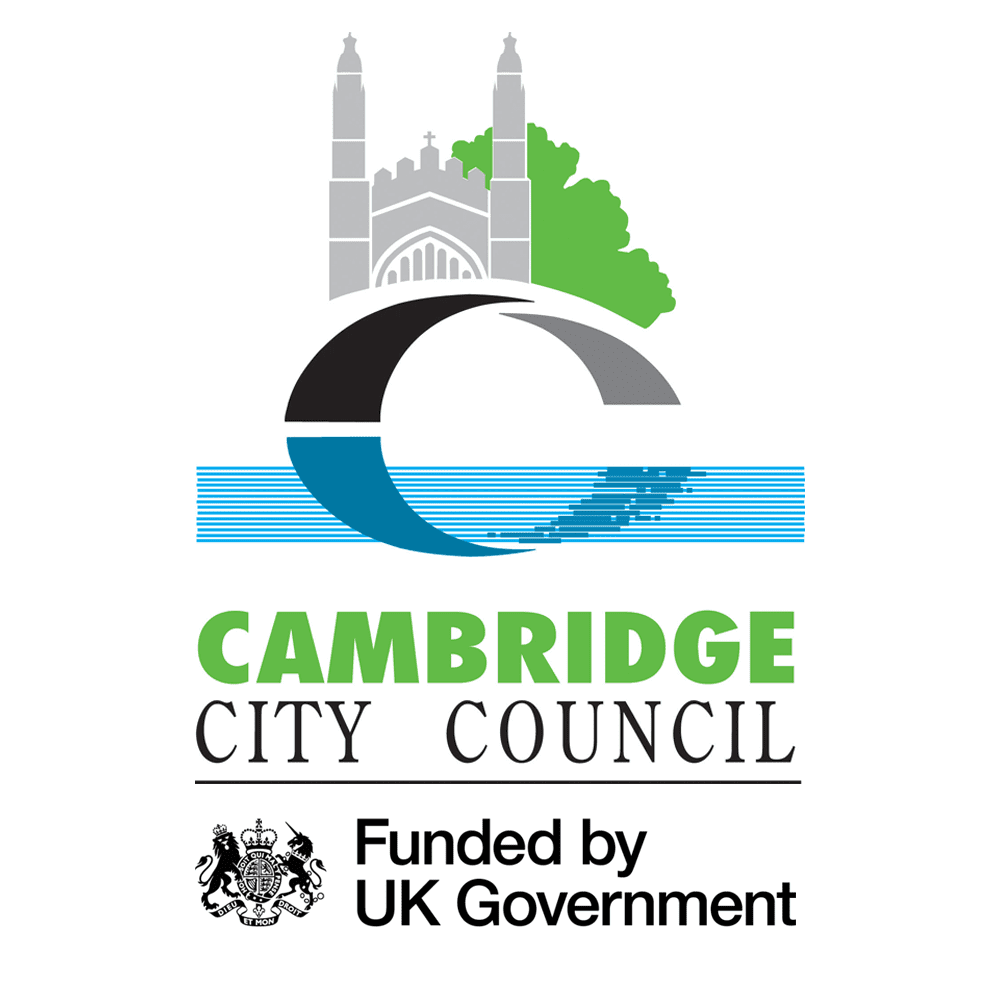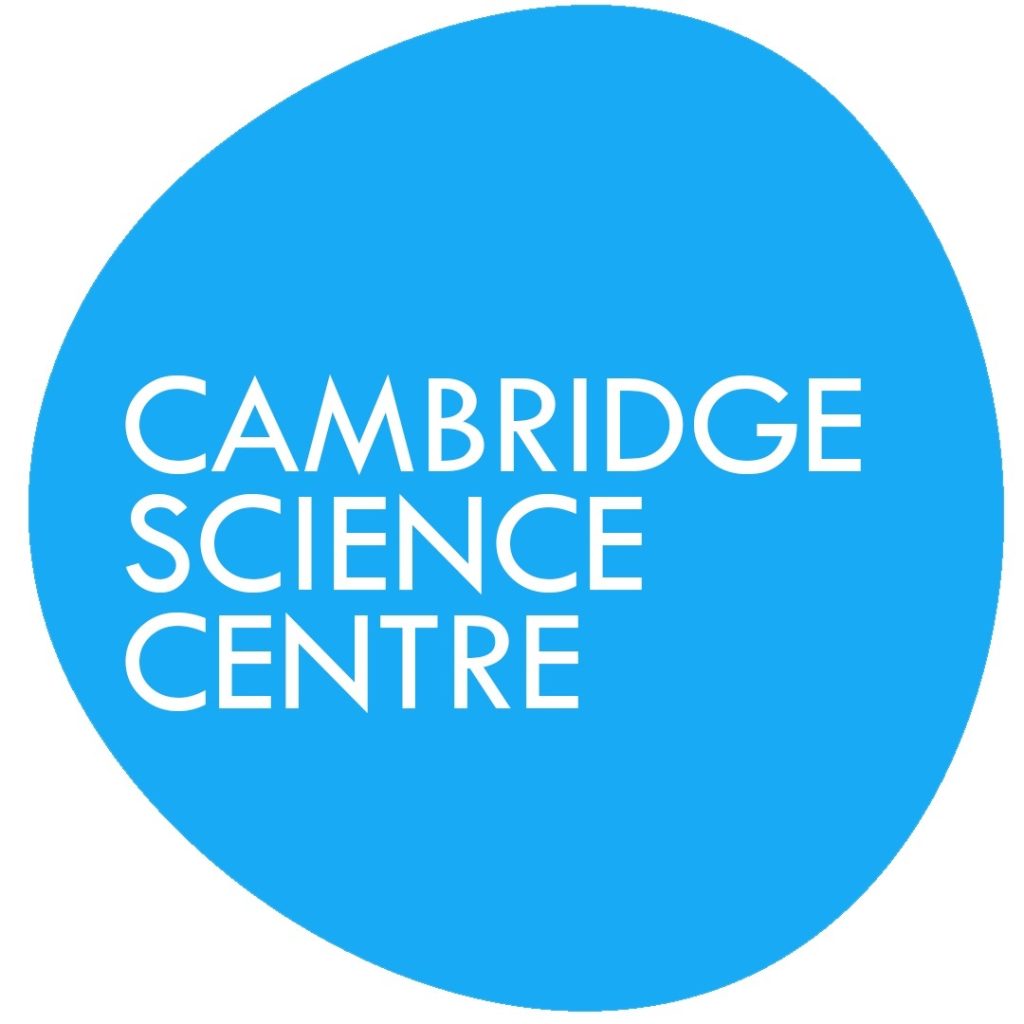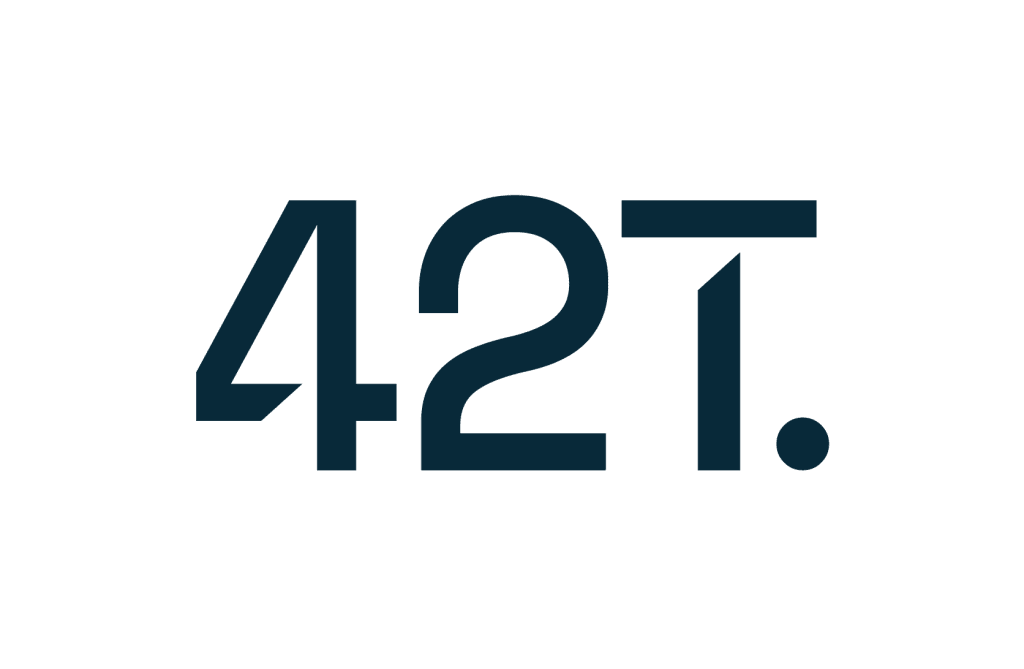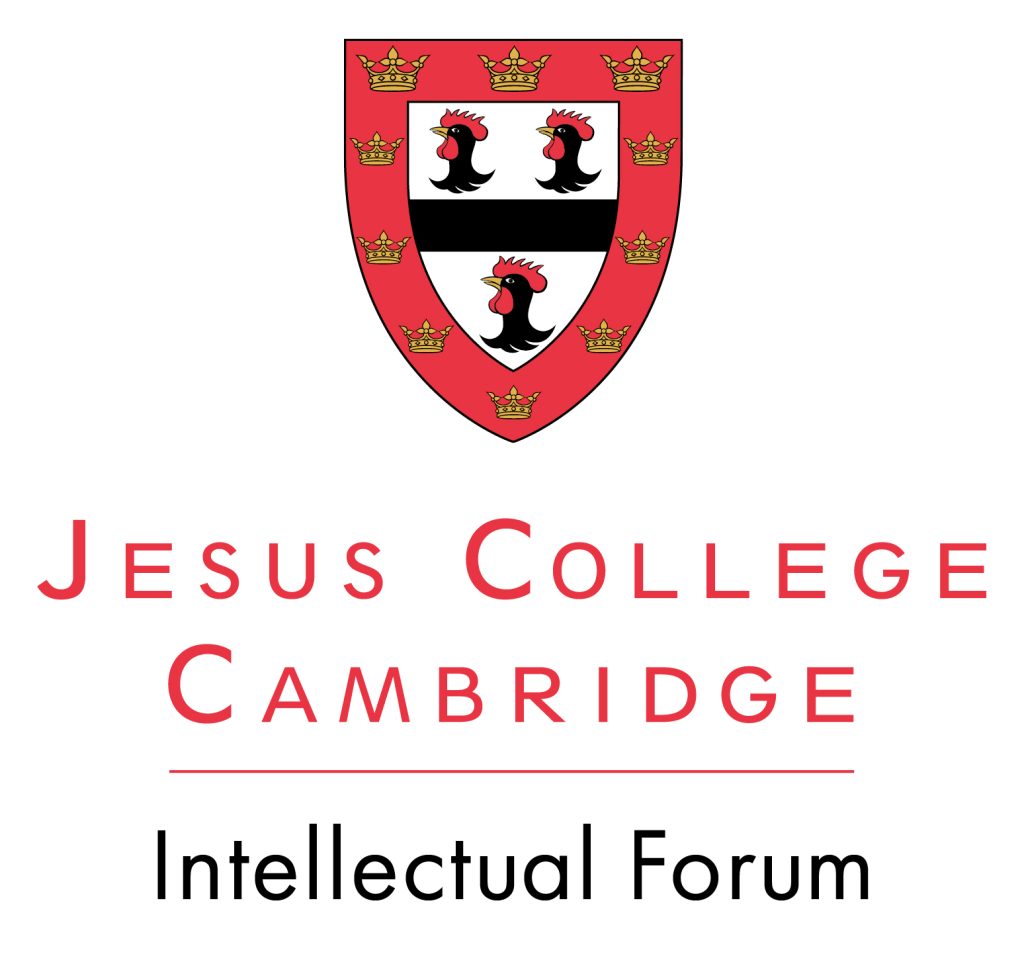Certainty in the trajectory of patents for quantum computing
Cambridge Tech Week pre-event blog by Appleyard Lees, sponsor of the Innovation Alley exhibition on 10th September at the Guildhall.
In our previous article back in 2021, we investigated the trajectory of patent filings for quantum computing technology. We identified a noticeable increase in patent filings between 2015 and 2020. Key players included both household names (such as IBM, Intel, Microsoft, Google) and new companies, who had raised large amounts of capital to fund their innovation.
In this article, we look back at the last few years, to see how recent progress in quantum computing technology is reflected in patent filing data.
Key findings
- Patent filings for quantum computing technology have continued to rise.
- 3795 and 3081 new patent families published in 2023 and 2022 respectively, up from 1899 new families published in 2020.
- IBM, Origin Quantum Computing, and Baidu have been particularly active patent filers in recent years.
- Patent filings for cryptography in the field of quantum computing have risen substantially in recent years, with over 600 new patent families being published in 2023.
Who and why?
Quantum computing is an emerging technology. Patent filings for quantum computing technology have been accelerating in recent years. Our analysis has found that many companies have been active in protecting their IP position, including household names such as IBM, Intel, Microsoft and Google, as well as new (but by no means small) companies such as Cambridge Quantum Computing, Oxford Quantum Circuits, Quantum Motion Technologies, River Lane Research, Phasecraft and Universal Quantum.
Increase in patent filings
Since our previous article, there has been a continued increase in patent filings in the field of quantum computing. Our analysis has found that 3795 and 3081 new patent families published in 2023 and 2022 respectively, up from 1899 new families published in 2020.
Four-year trend – global patent families – quantum computing

Figure 1 – The number of new patent families has continued to rise over the past few years.
Key players include household names such as IBM, Intel, Microsoft and Google. Origin Quantum Computing and Baidu have been particularly active, and have moved up the rankings to break into the top five companies filing patents for quantum computing technology.
Top 10 filers – quantum computing

Figure 2 – A number of key players have been highly active in patent filings.
Quantum Cryptography
Quantum cryptography is a field of study that leverages the principles of quantum mechanics to secure communication channels. Unlike classical cryptography, which relies on mathematical algorithms that could potentially be broken by powerful computers, quantum cryptography provides a theoretically secure way of exchanging secret information.
Fundamental principles of quantum cryptography include Quantum Key Distribution, Superposition, No-Cloning Theorem, Entanglement, and the Uncertainty Principle.
While quantum cryptography holds the promise of highly secure communication, practical implementations face challenges such as the sensitivity of quantum states to environmental factors and the need for specialized hardware. Nevertheless, ongoing research and technological advancements aim to overcome these challenges and make quantum cryptography more practical for real-world applications.
We have found that patent filings for cryptography in the field of quantum computing have risen substantially in recent years, with over 600 new patent families being published in 2023.
Eight-year trend – global patent families – quantum cryptography

Figure 3 – Eight-year trend in the global patent family of quantum cryptography
Final Remarks
Numerous challenges remain to be addressed in this emerging technology, but we greatly look forward to seeing how innovative companies look to solve these problems and make use of the

























